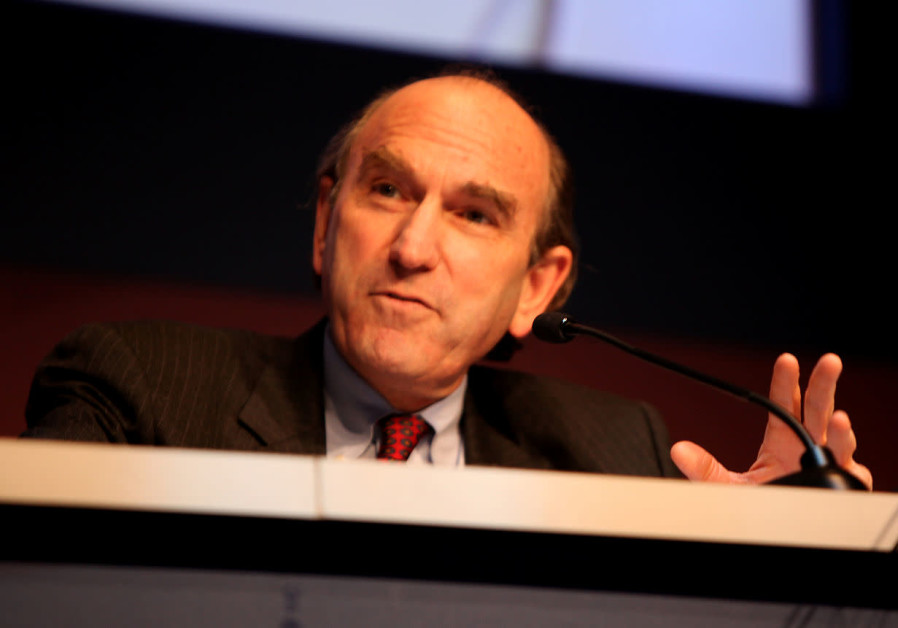Praise and controversy greet Abrams as new US Venezuela envoy

Elliott Abrams speaking at CPAC in Washington D.C. on February 10, 2012.. (photo credit: GAGE SKIDMORE)
The Independent in the UK accused Abrams of backing “death squads in Latin America” in the 1980s. Other commentators and critics argued that Abrams was involved in supporting human rights abuses in El Salvador in the 1980s and supporting the Contras in Nicaragua in the 1980s. Others claimed Abrams was a resurrection of a “neocon” agenda of the Bush years when the US sought to spread democracy around the world. Under Trump there has been a retreat from these kinds of activist democracy-spreading policies. But Venezuela may be an exception.
Join Jerusalem Post Premium Plus now for just $5 and upgrade your experience with an ads-free website and exclusive content. Click here>>






Comments are closed.